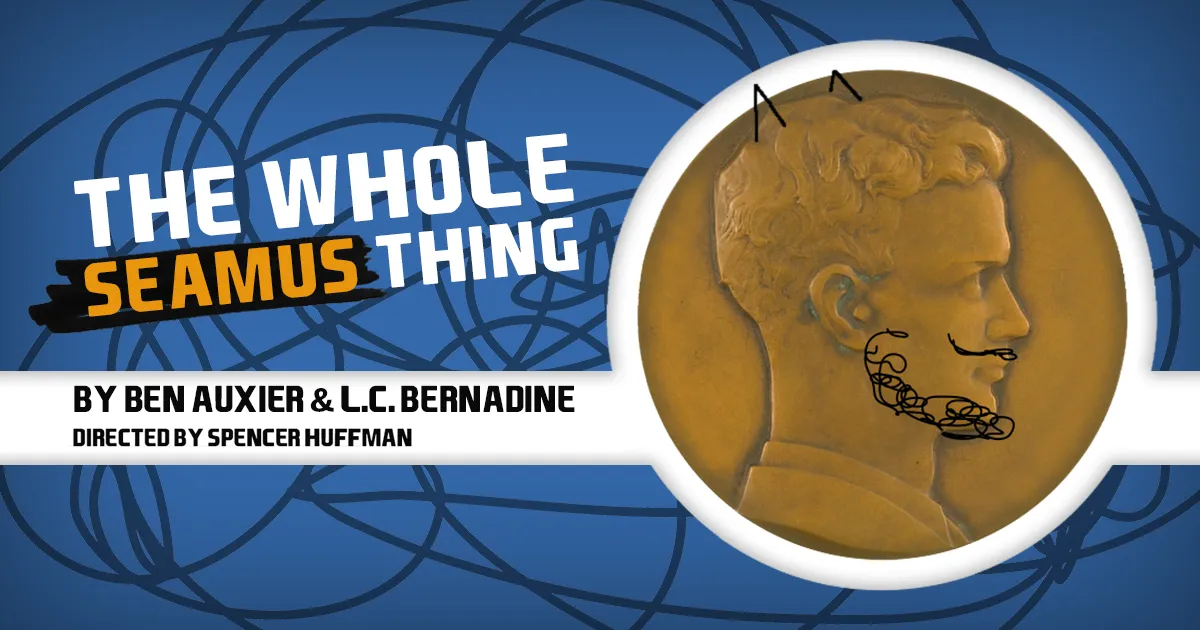
The Tony Award (See below)
What Chicagoans have known for years, that Steppenwolf Theatre has great acting and productions, was acknowledged in New York at the Tony Awards, Sunday, when “Purpose” commissioned by and first produced at the Steppenwolf Theatre Company, won the Tony Award for Best Play.
In addition, the production’s Kara Young took home Best Actress in a Featured Role in a Play, her second Tony in two years. Young received the Tony in 2024 for her performance in “Purlie Victorious: A Non-Confederate Romp Through the Cotton Patch.”
“In this world where we are so divided, theater is a sacred space that we have to honor and treasure. It makes us united,” Young said upon receiving the award.
Directed by Phylicia Rashad, playwright Branden Jacobs-Jenkins’ “Purpose,” revolves around discussions at a gathering of a well-known Black family when they are snowed-in.
The play, which had won a Pulitzer Prize and premiered at Steppenwolf Theatre in Spring 2024 received six nominations.
The Tony Awards
If watching the show closely, you may have noticed what the award looked like. Actually called the Antoinette Perry Award for Excellence in Broadway Theatre, the Tony is presented by the American Theatre Wing and The Broadway League annually to performers and creators of live theatre on Broadway. They cover everything from individual performances to writing and set design.
Founded by theatre producer and director Brock Pemberton, they are so named for actress, director and producer Antoinette “Tony” Perry, co-founder and secretary of the American Theatre Wing.
However, what many viewers waited for was a performance by Lin- Manuel Miranda’s original “Hamilton” cast. (It didn’t disappoint) “Hamilton” had won 11 tony awards including Best Musical and received 16 nominations in 2016.
Other 2025 Tony winners
Best Musical: “Maybe Happy Ending”
Best Revival of a Play:” Eureka Day” by Jonathan Spector
Best Revival of a Musical: “Sunset Blvd.”
Best Performance by an Actor in a Leading Role in a Play: Cole Escola,”Oh, Mary!”
Best Performance by an Actress in a Leading Role in a Play: Sarah Snook, “The Picture of Dorian Gray”
Best Performance by an Actor in a Leading Role in a Musical: Darren Criss,”Maybe Happy Ending”
Best Performance by an Actress in a Leading Role in a Musical: Nicole Scherzinger, “Sunset Blvd.”
Best Performance by an Actor in a Featured Role in a Play: Francis Jue, “Yellow Face”
Best Performance by an Actress in a Featured Role in a Play (see above)
Best Performance by an Actor in a Featured Role in a Musical: Jak Malone, “Operation Mincemeat: A New Musical.”
Best Performance by an Actress in a Featured Role in a Musical: Natalie Venetia Belcon, “Buena Vista Social Club.”
Best Direction of a Play: Sam Pinkleton, Oh, Mary!
Best Direction of a Musical: Michael Arden, “Maybe Happy Ending”
Best Book of a Musical: “Maybe Happy Ending,” Music and Lyrics: Will Aronson and Lyrics: Hue Park )
Jodie Jacobs








